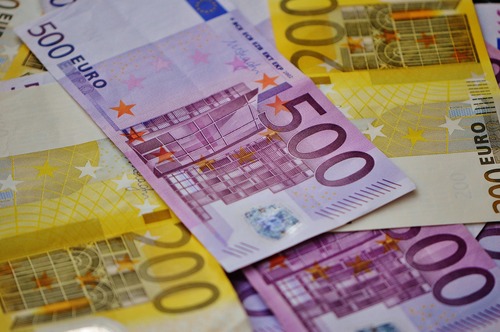Cedres, le livret au secours des PME et des ETI
L’Association française de la gestion financière y tient : la relance et le développement des petites et moyennes entreprises (PME) et des entreprises de taille intermédiaire (ETI), dans ce contexte de crise sanitaire et économique, ne doivent pas reposer uniquement sur la dette publique.
L’AFG serait actuellement en pourparlers avec le ministère de l’Économie et des Finances pour proposer différents dispositifs de relance.
Il est notamment question de déplafonner le plan d’épargne en actions (PEA), qui permet à tout un chacun d’acquérir des titres d’entreprises européennes avec, en contrepartie, une exonération d’impôts sur le revenu soumise à un certain nombre de conditions. Actuellement le plafond de versements du PEA classique est fixé à 15 000 euros, et celui du PEA-PME, qui est réservé aux investissements dans les petites et moyennes entreprises, est de 225 000 euros.
L’AFG a également proposé la création d’un nouveau livret d’épargne destiné à financer les entreprises. Appelé Cedres, ce livret permettrait d’investir « avec un minimum de 50 % en actions européennes cotées et non cotées », a déclaré une source proche du dossier citée par l’AGEFI. Ce nouveau livret d’épargne offrirait la possibilité « de renforcer les fonds propres des entreprises avec un univers d’investissement long, autour de huit ans, avec en contrepartie une fiscalité attractive sur les droits de succession ou sur les plus-values par exemple ».
Le livret Cedres ne serait pas géré par la Caisse des dépôts et consignations (CDC), mais directement par l’épargnant ou par une société de gestion.
D’autres initiatives à destination des entreprises
Le dispositif global de relance des entreprises sera dévoilé à la rentrée par le ministère de l’Économie, qui fait face à un afflux de propositions.
Les banques souhaitent créer un dispositif de quasi-fonds propres, avec un financement par des investisseurs institutionnels de 15 à 20 milliards d’euros de prêts participatifs. L’investissement dans 2 000 à 2 500 PME via une enveloppe de 6 milliards d’euros de quasi-fonds propres est une autre piste proposée par les fonds de capital-investissement.
Par ailleurs, la Caisse des dépôts et consignations avait annoncé en avril la réactivation des fonds d’investissement de la gamme Novo pour financer des PME et des ETI.
